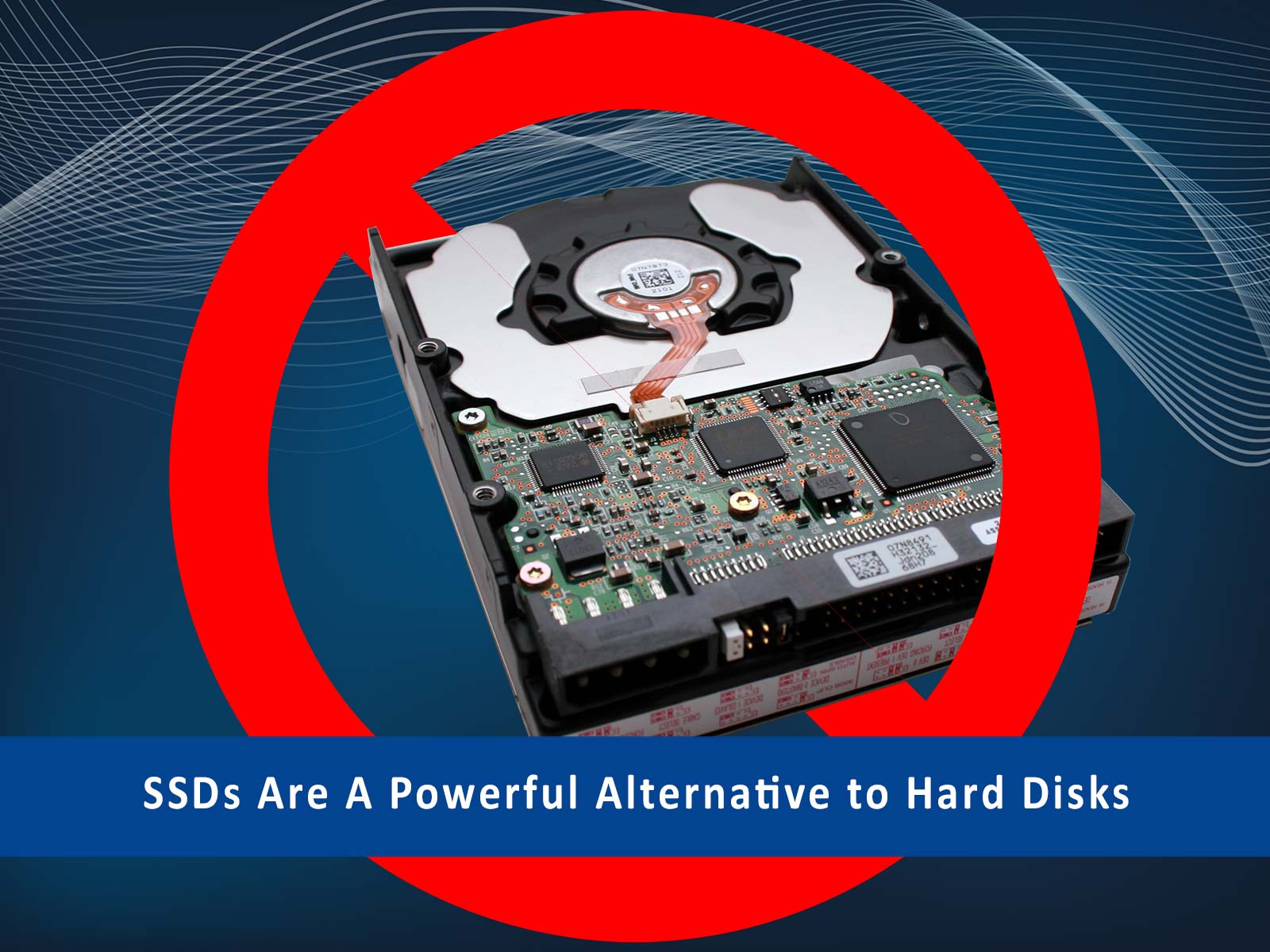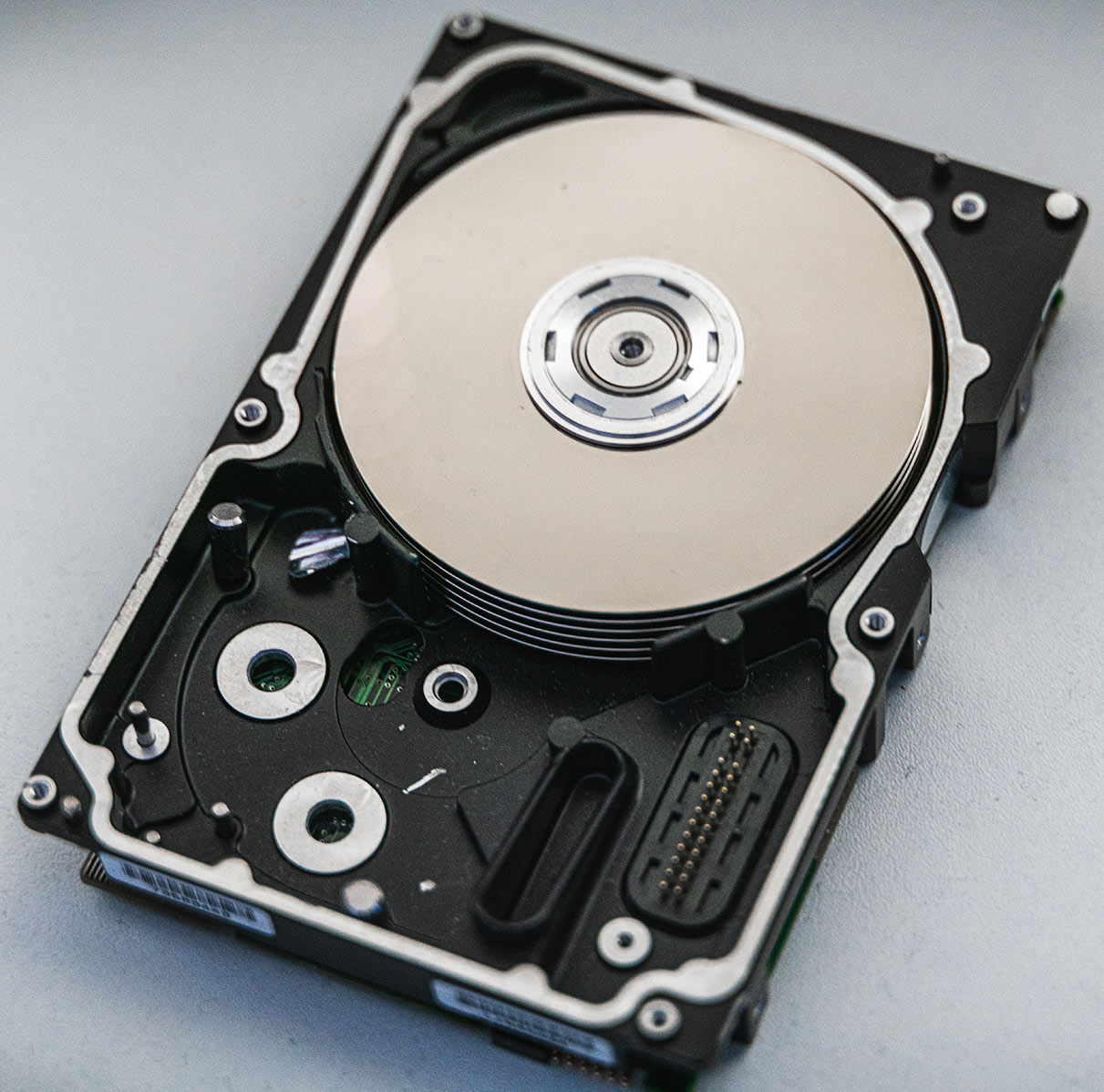What is a Hard Disk and what are SSDs?
A hard drive is one of the most common types of storage device that you will find in modern day PCs. A hard drive consists of several platters that spin on a spindle. Each platter has a head and a magnetic material that is attached to the head.
These heads are the devices that read data from and write data to the disk platters. When a file is being saved on a hard drive, the information is written to the platters and then the platters spin, and the information is transmitted to the heads. Once a file is saved, the data can be read from the disk platters using the heads.
Typical hard drives are designed to last for about five years before they fail.
A solid state drive (SSD) uses flash memory rather than rotating platters to store data. This results in less moving parts during the operation of the drive, and subsequently a longer total life expectancy for the drive due to reduced ‘wear and tear’.
Additionally, SSDs can also be manufactured much smaller than a traditional hard drive due to the lack of moving parts.
But the real difference with SSDs is SPEED
While hard drives have been used for a long time, they still suffer from one major drawback – they are slow. But with the advent of solid state drive (SSD) storage, this problem has been eradicated. Since it uses flash memory instead of spinning disks, it is more durable and reliable.
SSDs are available in different shapes and sizes, from small thumb drives to large capacity hard drives. The primary benefit of SSDs is that they have a faster access time than conventional hard drives, meaning that they can save and read files much quicker.
Upgrading from a typical hard drive to an SSD can dramatically improve the performance of your PC while also improving its overall reliability due to the increased life expectancy of the drives.
What to look for when buying an SSD
If you want to buy an SSD, the first thing you should consider is its capacity. A small thumb drive might have a small capacity with fast performance, but a larger drive can handle much larger volumes of data.
The experts at Tom’s Hardware advise that you should avoid SSDs with a total drive space less than 500 gigabytes. They note that “512GB provides a good balance between price and capacity”, though larger drives are continuing to drop in price without sacrificing performance.
Don’t wait. Upgrade your hard drives to SSDs today!
In conclusion, SSDs are the fastest, smallest, and most durable storage solutions available. Additionally, the average SSD is more than 500 times as fast as the hard drive in a typical PC. If you need a large amount of space for your files, you should consider getting an SSD instead of a traditional hard drive.
SSDs are also an excellent choice when looking to speed up your computer as they will give you better performance than a standard hard drive at a very comparable price.




0 Comments